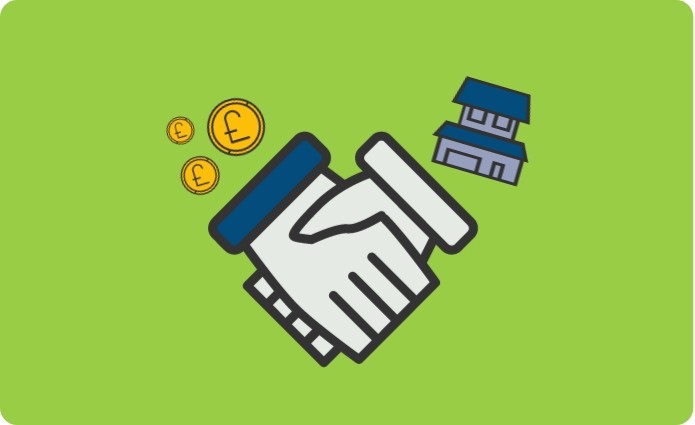
A Simple Guide to Declaring Capital Gains in the UK
A Simple Guide to Declaring Capital Gains in the UK
As a business owner or investor, capital gains tax (CGT) might be one of those things you’d rather not think about. But if you’ve sold or disposed of any assets, such as property or shares, it’s important to know when HMRC expects you to declare your profits. In this guide, we’ll break down the basics of capital gains tax in the UK—what assets are taxable, current thresholds, and how to report those gains.
1. What Assets Generate Capital Gains?
When you sell or dispose of certain assets for more than you paid for them, you may be liable to pay CGT on the profit. Here’s a quick rundown of which assets you’ll need to declare:
Property
If you sell a second home, rental property, or even a piece of land, you may need to declare the capital gain. Your main home is typically exempt, unless specific conditions apply (for instance, if you’ve rented it out or used it for business).
Shares and Investments
Selling stocks, bonds, or mutual funds can trigger capital gains unless they’re held in tax-advantaged accounts like ISAs (Individual Savings Accounts). So, unless you’re a savvy ISA user, don’t overlook these investments when filling out your tax return.
Personal Possessions
Own antiques, art, or jewellery worth over £6,000? If you decide to sell them, any profits may be taxable. But don’t worry about selling your car—vehicles are exempt from capital gains tax.
Business Assets
Business owners, take note: selling assets like your business premises, machinery, or equipment could lead to a taxable gain. Keeping an eye on what you sell and when could save you a headache later!
2. The Annual Exempt Amount
Every taxpayer has a tax-free allowance for capital gains, known as the Annual Exempt Amount. This amount acts as a cushion, meaning you won’t need to declare any capital gains that fall below this threshold. For the 2023-2024 tax year, the allowance is:
- £6,000 for individuals
- £3,000 for most trusts
If your total gains (after deducting any losses) are under this amount, you’re in the clear—no need to report them.
But, there’s a catch: if you dispose of assets worth more than £50,000, even if you don’t make a gain, you still have to declare the disposal on your tax return.
3. Which Gains Must Be Declared?
Even with the tax-free allowance, there are still instances when you must report gains to HMRC:
- Gains above the Annual Exempt Amount: Any gains exceeding the threshold must be declared.
- Losses: If you’ve made any capital losses and want to offset them against future gains, they need to be reported.
- Property Disposals: If you sell residential property (like a second home), you must declare the gain, regardless of the amount. There’s an additional requirement to report and pay any CGT on residential property within 60 days of the sale.
4. Capital Gains Tax Rates
The tax rate you’ll pay depends on both the type of asset you’re selling and your income tax band. Here’s the breakdown:
- Basic-rate taxpayers:
- 10% on most assets
- 18% on residential property
- Higher- and additional-rate taxpayers:
- 20% on most assets
- 28% on residential property
So, selling that holiday home could come with a hefty bill, particularly if you’re in the higher tax bracket!
5. How to Declare Capital Gains
Declaring capital gains is relatively straightforward, but it’s essential to get it right. You’ll need to file your Self Assessment tax return (SA100), using the Capital Gains Summary (SA108) form to report your gains.
If you’ve sold residential property, things get a little more time-sensitive. You must report the gains within 60 days of the sale using HMRC’s online service and pay any tax due within that period.
Top Tip: Keep Accurate Records
Proper record-keeping is crucial when it comes to calculating and reporting capital gains. Make sure you have the following on hand:
- Purchase and sale prices of assets
- Any costs associated with buying and selling (e.g., legal fees, stamp duty)
- Allowable deductions (such as improvements made to property)
This will make the whole process a lot smoother and ensure you’re paying the correct amount of tax—no more, no less.
Capital gains tax might seem like a complex area, but it doesn’t have to be overwhelming. Knowing which assets are taxable, keeping good records, and staying aware of deadlines can make the process much easier. However, tax rules can be tricky, and it’s always better to stay on the safe side. Contact Helpbox if you have any questions or need assistance with your tax return. After all, getting professional guidance is key to keeping on top of your finances!